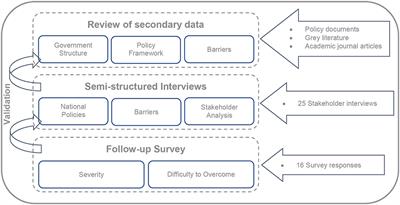ORIGINAL RESEARCH
Published on 30 Mar 2021
Barriers to Implementing Climate Policies in Agriculture: A Case Study From Viet Nam

doi 10.3389/fsufs.2021.439881
- 7,163 views
- 20 citations
23k
Total downloads
144k
Total views and downloads
You will be redirected to our submission process.
ORIGINAL RESEARCH
Published on 30 Mar 2021

ORIGINAL RESEARCH
Published on 23 Apr 2020

ORIGINAL RESEARCH
Published on 06 Aug 2019

ORIGINAL RESEARCH
Published on 04 Jul 2019

ORIGINAL RESEARCH
Published on 24 May 2019

ORIGINAL RESEARCH
Published on 10 Apr 2019

REVIEW
Published on 03 Apr 2019

ORIGINAL RESEARCH
Published on 19 Mar 2019

ORIGINAL RESEARCH
Published on 27 Feb 2019

SYSTEMATIC REVIEW
Published on 10 Oct 2018

